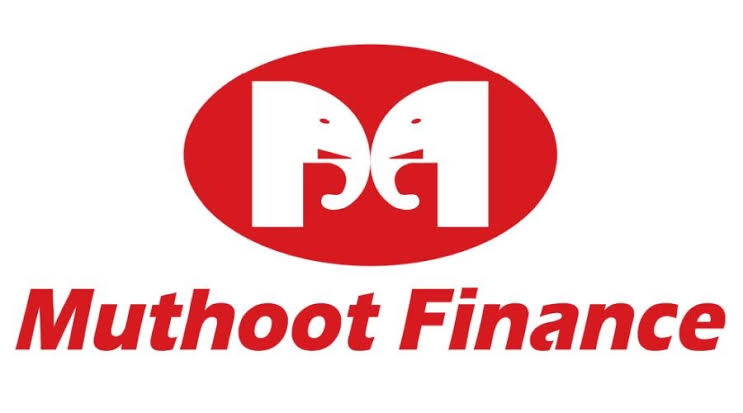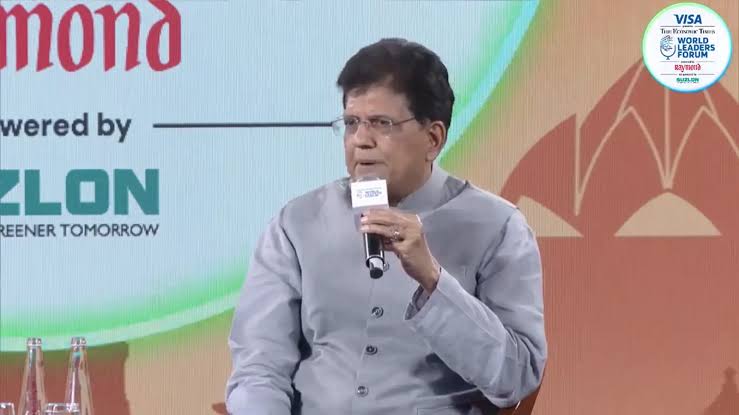 Image Source: Youtube
Image Source: Youtube
In a significant move aimed at enhancing transparency and aligning Indian equity markets with global best practices, the Securities and Exchange Board of India (SEBI) has proposed a modified framework for determining stock closing prices. The new mechanism, dubbed the Close Auction Session (CAS), seeks to replace the current Volume Weighted Average Price (VWAP) method with a structured call auction process. This proposal, released today, marks a pivotal shift in how closing prices are derived in the equity cash segment, with implications for institutional investors, passive funds, and market stability.
SEBI’s consultation paper outlines a phased implementation strategy, beginning with highly liquid stocks, and invites public feedback until December 26, 2025. The regulator’s intent is clear: reduce end-of-day volatility, improve execution quality, and minimize tracking errors for index-linked funds.
Key Takeaways from SEBI’s Proposal
1. Why the Change?
-
The current VWAP-based system calculates closing prices using the average of trades executed in the last 30 minutes of the trading day.
-
While effective in reflecting market sentiment, it does not allow trades at the exact closing price, leading to execution inefficiencies.
-
Passive funds, which rely heavily on precise closing prices for benchmarking, often face tracking discrepancies under the existing model.
2. What is CAS?
-
CAS is a dedicated call auction session proposed to run post-market hours, specifically from 3:30 PM to 3:45 PM.
-
It will facilitate order matching at a single closing price, determined through a transparent auction process.
-
The mechanism is expected to reduce volatility, especially during index rebalancing and derivatives expiry days.
3. Proposed Structure of CAS
SEBI has suggested two possible formats for the auction session:
A) Four-Stage Format:
-
Reference Price Determination Period
-
Order Input Period
-
No Cancellation Period (with random close)
-
Trade Confirmation and Order Matching
B) Three-Stage Format (Alternative):
-
Reference Price Determination
-
Order Input with Random Closing in Last 2 Minutes
-
Trade Confirmation and Matching
The latter mirrors the architecture of the pre-open call auction session and omits the no-cancellation phase, potentially offering greater flexibility.
4. Scope and Applicability
-
Initially, CAS will apply only to stocks with available derivatives, ensuring sufficient liquidity.
-
SEBI may further narrow the scope to Nifty 50 and Sensex constituents, addressing concerns over erratic price movements in less-liquid stocks.
-
The price band during the order input phase may be tightened to ±3 percent from the reference price, down from the originally proposed ±5 percent.
5. Global Alignment and Market Impact
-
Major international markets, including NYSE and Nasdaq, already employ closing auction mechanisms.
-
SEBI’s proposal aims to bring Indian markets in line with these standards, enhancing investor confidence and attracting foreign capital.
-
Institutional investors tracking global indices have welcomed the move, while some domestic mutual funds and brokers have expressed reservations over operational adjustments and liquidity concerns.
6. Next Steps
-
SEBI has opened the proposal for public consultation, seeking stakeholder feedback to refine the framework.
-
The final implementation will likely be phased, allowing market participants to adapt gradually.
Conclusion
SEBI’s proposed Close Auction Session represents a strategic evolution in India’s equity market infrastructure. By introducing a transparent and globally aligned mechanism for closing price determination, the regulator aims to bolster market integrity, improve execution quality, and support the growing ecosystem of passive investing. As the consultation process unfolds, industry feedback will be crucial in shaping a framework that balances precision, liquidity, and operational feasibility.
Source: Economic Times Legal World.
Advertisement
Advertisement







